development
economics
@ UC SAN DIEGO
we are researchers and entrepreneurs working together across departments to better understand human well-being and the steps we can take to increase it
get to know us: 21 faculty members from 5 fields and 3 schools actively working on problems in developing countries. we think that development economics thrives when it isn’t restricted to the development economists!
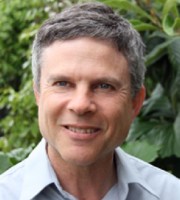
James Rauch studies bureaucracies, firms, and social networks in developing countries. He teaches Econ 243, Organizational Economics of Development. He is Professor in the Department of Economics, a Research Associate at the National Bureau of Economic Research, and a Guggenheim Fellow.
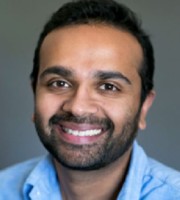
Prashant Bharadwaj is an Associate Professor in the Department of Economics at the University of California, San Diego. His research interests are in development and labor economics, focusing on the interactions between early childhood health, gender and education. His research affiliations include BREAD, CEGA, CERP and the NBER. He is currently an Associate Editor at Economic Development and Cultural Change and at the Journal of Development Economics.
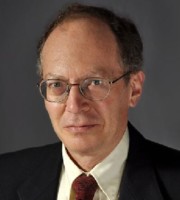
Roger Gordon’s research on economic development has focused on making sense of the many differences between the tax structures in poorer and richer countries. He will occasionally lecture at the Ph.D. level on topics in taxation, and is happy to advice student research on a broader range of issues in economic development. He has been a Professor of Economics at UCSD since 2001, and is a Fellow of the Econometrics Society and the American Academy of Arts and Sciences.
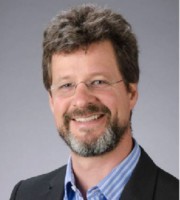
Marc-Andreas Muendler investigates globalization, its origins and evolution, and its consequences for local markets. He teaches the theory and empirics of international economics. He is a professor in the department of economics and an affiliated professor in the department of political science; he is also a research affiliate of the National Bureau of Economic Research and the International Growth Center and consults for international organizations including the World Bank and the World Trade Organization.
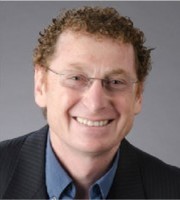
Eli asks how to improve people’s welfare in fragile states—where people and property are not safe. He teaches graduate labor economics, broadly defined. He is co-author of Small Wars, Big Data (Princeton Press, 2018).
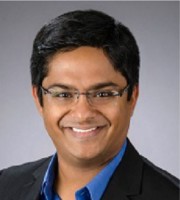
Karthik Muralidharan’s research spans development, public, and labor economics and aims to understand and improve the quality and effectiveness of public service delivery in developing countries (with a focus on education, health, early childhood development, and the design and delivery of social welfare programs). He holds the Tata Chancellor’s Chair in Economics at UC San Diego, where he teaches courses on development economics, designing and running field experiments, and the Indian Economy. Prof. Muralidharan is a board member of JPAL where he chairs the education program, a board member of BREAD, and a Research Associate of the NBER.
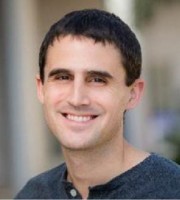
Paul works with governments in emerging markets to improve the design and implementation of anti-poverty programs, and teaches classes on public sector organizations and corruption. He is an associate professor in the Department of Economics, and also a co-founder of the internationally recognized NGO GiveDirectly and of the financial technology company Segovia. In 2013 Foreign Affairs named him one of its 100 leading global thinkers.
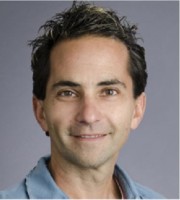
Joshua Graff Zivin’s research interests include the areas of environmental, health, development and innovation economics, with policy relevance as a guiding force behind all of this work. Much of his current work is focused on the relationship between the environment, health and human capital; the economics of innovation with a particular eye toward the role of institutions, social networks and financial incentives; and the design of health interventions and their economic impacts. He holds dual faculty positions at the School and UC San Diego’s Department of Economics, and is also a research associate at the National Bureau of Economic Research, chief economist for the Rockefeller Foundation’s Economic Council on Planetary Health, co-director of UC San Diego’s Global Health Institute and research director for International Environmental and Health Studies at the UC Institute for Global Conflict and Cooperation.
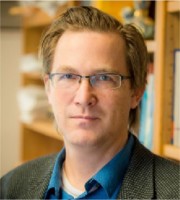
McIntosh works on program evaluation in developing economics, with a focus on technology and financial services. He teaches economic development, econometrics, and experimental design to MA and PhD students. He is a Professor of Economics at the School of Global Policy and Strategy, as well as co-Director of the Policy Design and Evaluation Lab at UCSD, co-Director for Global Agriculture at JPAL, and a Scientific Director at CEGA.
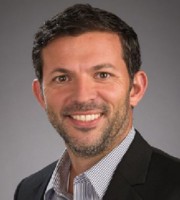
Gordon McCord works at the intersection of development economics, public health and the environment. He teaches microeconomics for public policy as well as GIS & Spatial Data Analysis. Gordon is an Assistant Professor of economics at the School of Global Policy and Strategy.
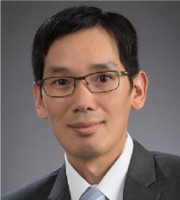
Krislert Samphantharak asks how financial development affects the behaviors of households and firms in emerging economies. He teaches courses on corporate finance and economic development. He is an associate professor in the School of Global Policy and Strategy and an advisor to the Bank of Thailand.
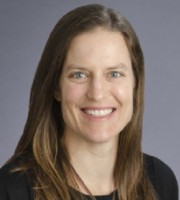
Jen Burney wants to know whether it’s possible to mitigate climate change and hunger simultaneously. She teaches quantitative methods. She is a (starting July) Associate Prof in the School of Global Policy and Strategy and has received awards including the American Geophysical Union’s Global Environmental Change Early Career Award and is a National Geographic Emerging Explorer.
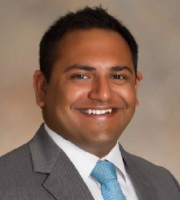
Teevrat’s research is at the intersection of environmental and development economics with an emphasis on the role of public policy and institutions in helping the poor cope with rising temperatures and low air and water quality. In recent years he has conducted research in India, Indonesia, Mexico, Nepal and Mozambique. Teevrat is an Assistant Professor of Economics at the School of Global Policy and Strategy.
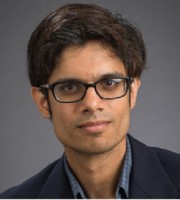
Gaurav’s research focuses on education, migration, infrastructure and conflict. He teaches issues related to immigration. He is an Assistant Professor of Economics at the School of Global Policy and Strategy, and a non-resident Fellow at the Center for Global Development.
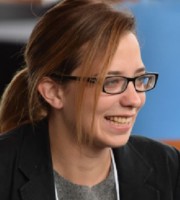
Elizabeth Lyons asks how managerial and technological interventions impact organizational and worker performance. She teaches organizational economics, international management, and technology policy. She is an Assistant Professor of Management in the School of Global Policy & Strategy and an affiliate of the Asia Innovation and Entrepreneurship Association (AIEA), the Center for Effective Global Action (CEGA), and the Strategy Research Forum (SRF).
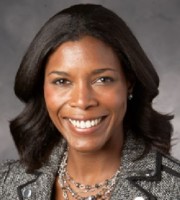
Renee Bowen asks how institutions can be designed to affect policy and result in efficient economic outcomes. Her recent work examines how redistribution and voting rules can be designed to ensure efficient policy experimentation. She teaches Political Economy Theory (PhD), International Trade Agreements (MPP/MIA) and International Economic Agreements (BA). She is Associate Professor of Economics in the School of Global Policy and Strategy at UCSD, a Faculty Research Fellow at the National Bureau of Economic Research (NBER), a Research Fellow at the Center for Economic Policy Research (CEPR), a Faculty Fellow at the Stanford Institute for Economic Policy Research (SIEPR), and a Faculty Affiliate at the Stanford Center for International Development (SCID). Renee was also a Hoover National Fellow in 2013.
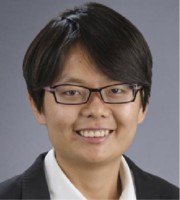
Ruixue Jia studies the political economy of development. She teaches Government and Regulation and Topics on China’s Development. She is an assistant professor at the Global Policy and Strategy, an associate fellow at the Canadian Institute for Advanced Research, and an affiliate at the Bureau for Research and Economic Analysis of Development
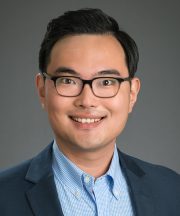
Munseob Lee works on macroeconomics and development, with an emphasis on understanding sources and consequences of firm growth. He teaches courses on macroeconomics and East Asian economy. He is an Assistant Professor at the School of Global Policy and Strategy and a Core Faculty at UCSD Transnational Korean Studies.
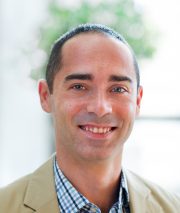
Tom Vogl studies health, population, and human capital, mainly in developing countries. His recent work has investigated the aggregate consequences of changing differential fertility, the causes and consequences of early-life health, and the long-term effects of anti-poverty programs. He is an associate professor in the economics department, an affiliate of NBER and BREAD, an associate editor of the Journal of Human Resources, and a deputy editor of Demography.

Sara Lowes graduated from Harvard University in May 2017 with a Ph.D. from the Political Economy and Government program (Economics track). She is a CIFAR Azrieli Global Scholar with the Institutions, Organizations & Growth research program and also a Research Associate of the Centre for Economic Policy Research (CEPR). Her research interests are at the intersection of development economics, political economy, and economic history.
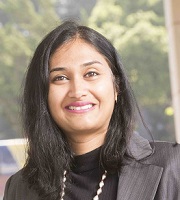
Manaswini is a Post-Doctoral scholar with interests in broad areas of development and economic growth. She studies the judiciary in the context of developing economies (particularly India), and how judicial capacity affects local firms and markets. She also works on collective action and coordination in natural and agricultural resource management. She graduated from UC Berkeley in May 2020 with a Ph.D. in Agricultural and Resource Economics.

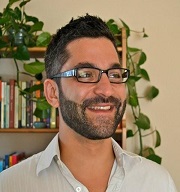
Sam’s work lies at the intersection of development economics and political economy, with a focus on how individuals and nations adapt to the challenges of diversity in a global world. He is particularly interested in understanding the barriers to labor mobility, how migration shapes culture, and how policy can mitigate the adverse effects of diversity. Sam received his PhD at UCSD in 2013 and is now an associate professor in the School of Global Policy & Strategy and the Department of Economics. Prior to joining the faculty at UCSD, heworked as an assistant professor of economics at Boston University.
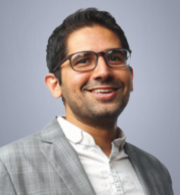
Achyuta Adhvaryu is the Tata Chancellor’s Endowed Professor of Economics at the University of California, San Diego. His research focuses on firm decision-making and productivity in emerging markets, healthcare delivery in low-income contexts, and the long-run economic impacts of early life events, with extensive work across East and West Africa, South Asia, Mexico, and the United States. Achyuta is also a co-founder of the Good Business Lab and inaugural director of UCSD’s 21st Century India Center. He received his PhD in economics from Yale University.

